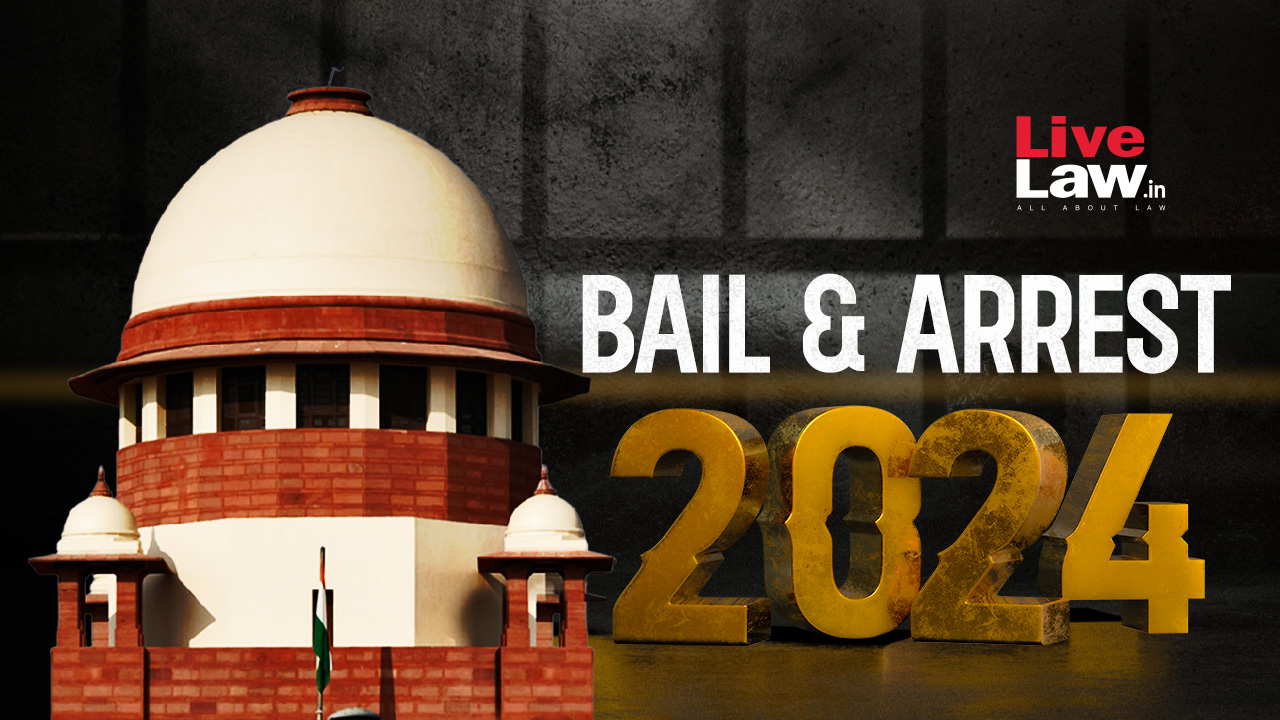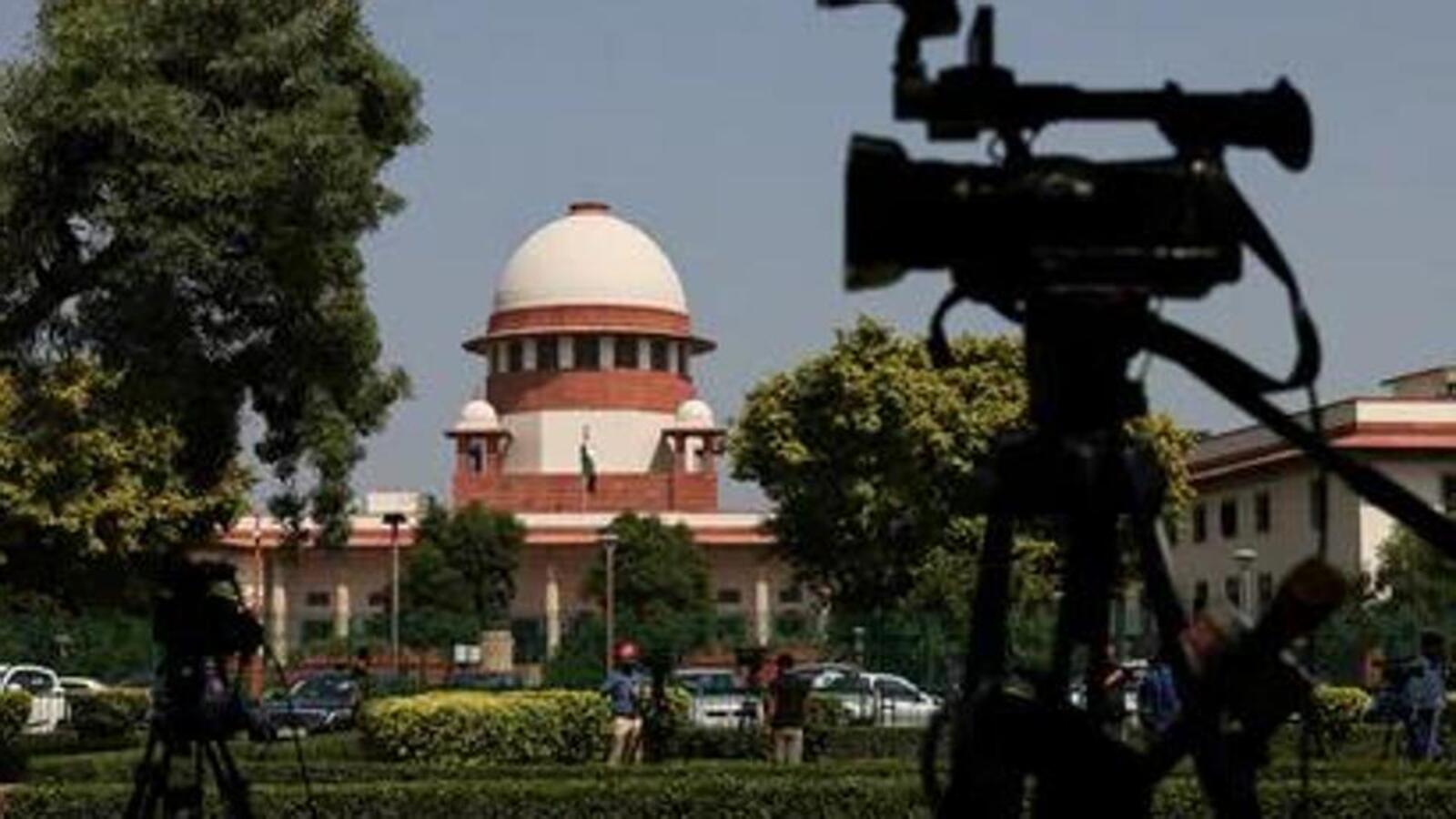
SC strikes balance between graft charges, parliamentary privilege
Hindustan TimesThe seven-judge bench verdict on Monday that said bribe-taking lawmakers have no immunity strikes a much-needed balance between parliamentary privilege and corruption charges. Article 105 states: “No member of Parliament shall be liable to any proceedings in any court in respect of anything said or any vote given by him in Parliament or any committee thereof and no person shall be so liable in respect of the publication by or under the authority of either House of Parliament of any report, paper, votes or proceedings.” The identical provision in respect of members of state legislatures is provided in Article 194. The appeal was brought to the Supreme Court where a Constitution bench of five judges determined two issues: One, does Article 105 confer any immunity on an MP from being prosecuted in an offence involving offer or acceptance of bribe and two, can MPs be regarded as” public servant” to bring them within the ambit of the 1988 Act because there is no authority competent to grant sanction for their prosecution? The seven-judge bench ruling Noting precedents, historical development and international jurisprudence on parliamentary privileges, the top court on Monday declared that legislators cannot claim immunity in cases of corruption and bribery since they are not fundamentally related to their ability to perform their duties. Notably, the seven-judge bench ruling on Monday also displaced observations by another five-judge bench in the Kuldip Nayar case, which said that elections to fill seats in the Rajya Sabha are not proceedings of the legislature but a mere exercise of franchise, which falls outside the net of parliamentary privilege under Article 194.
History of this topic

No immunity in bribery cases to MPs, MLAs: SC
Hindustan Times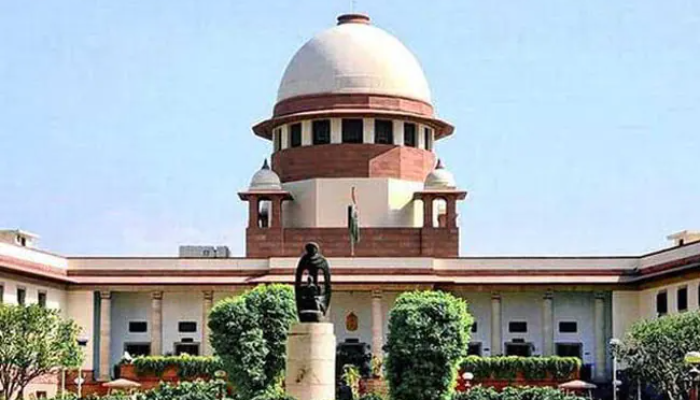
Supreme Court overrules immunity to MPs, MLAs on bribery charge
Op India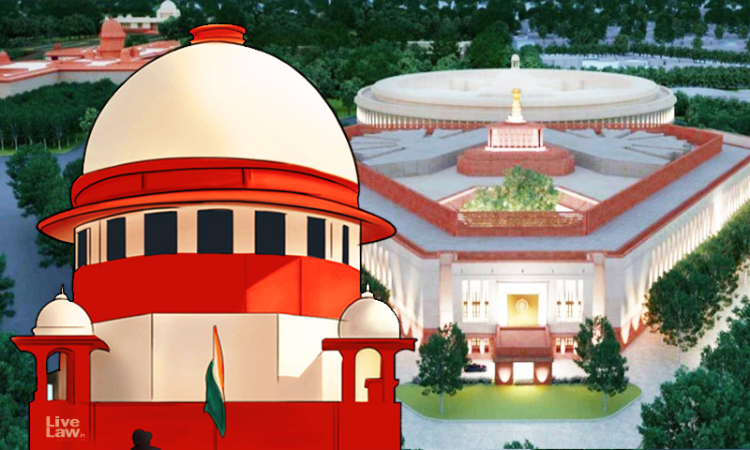
Corruption And Bribery Of MPs And MLAs Erode Foundation Of Indian Parliamentary Democracy: Supreme Court
Live Law
No immunity from prosecution if MP/MLA takes bribe to vote or make speeches: SC
Hindustan Times
Vote-for-bribe: Supreme Court says no immunity from prosecution to MPs, MLAs, overrules 1998 verdict
Hindustan Times
MLAs, MPs can’t claim immunity in bribe-for-vote cases, rules Supreme Court
Live Mint
SC to pronounce judgment in JMM bribery case review
The Hindu
MPs/MLAs cannot claim immunity from prosecution in vote-for-bribe cases, says SC; PM lauds verdict
New Indian Express
Overruled. Supreme Court says MPs, MLAs can't claim immunity for bribery
India Today
Supreme Court reserves verdict on immunity for lawmakers in bribery cases
India Today
Supreme Court 7-Judge Bench Examines Scope Of Immunity For MPs/MLAs Taking Bribes For Speech/Vote In Legislatures
Live Law
Supreme Court to hear case on MPs, MLAs having immunity from prosecution
India Today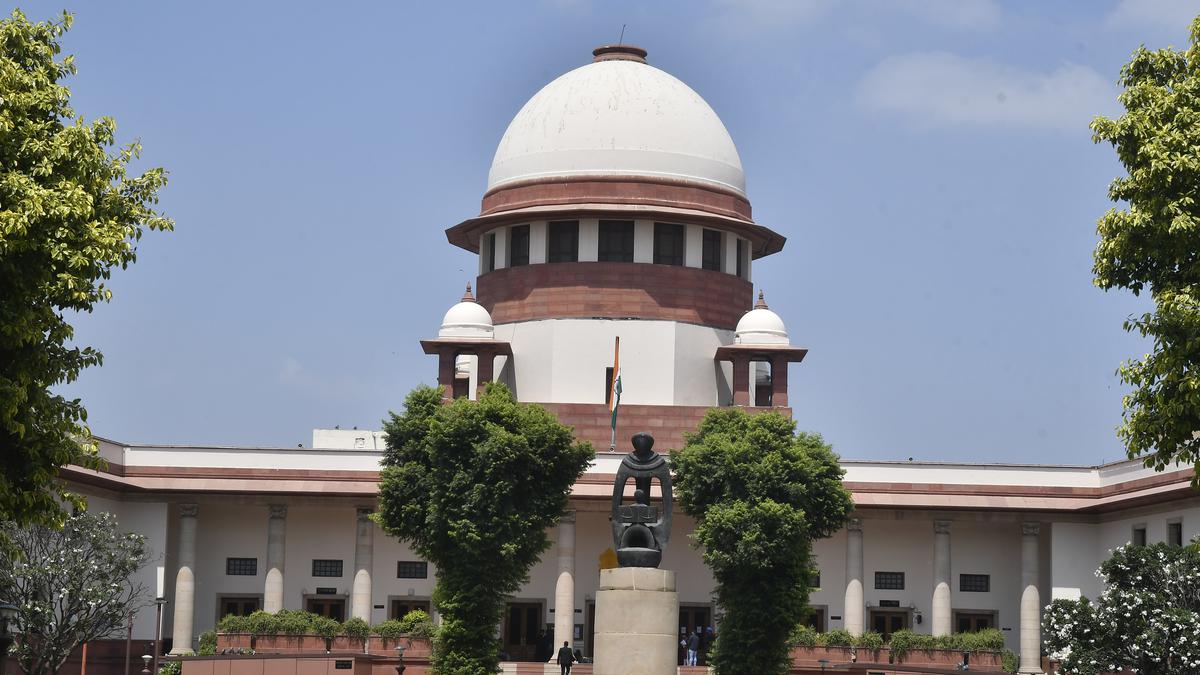
SC to re-examine JMM bribery case verdict of 1998
The Hindu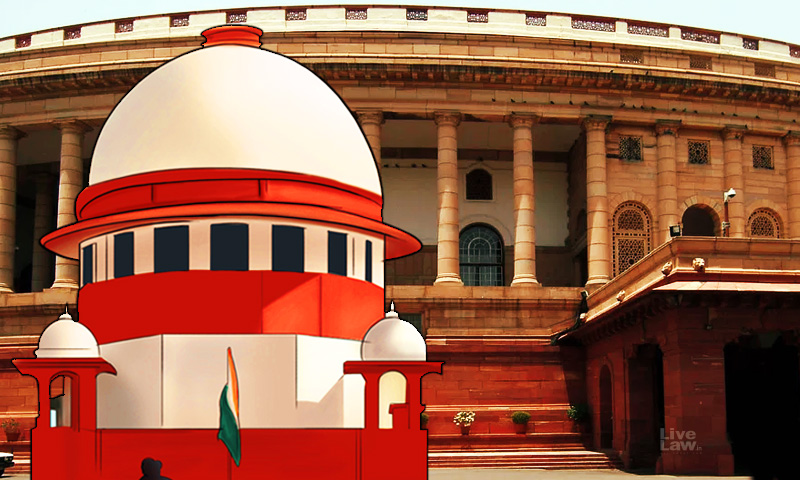
Do MPs/MLAs Have Immunity From Prosecution For Offence Of Taking Bribes For Votes In Legislature? Supreme Court To Hear On Nov 15
Live LawDiscover Related

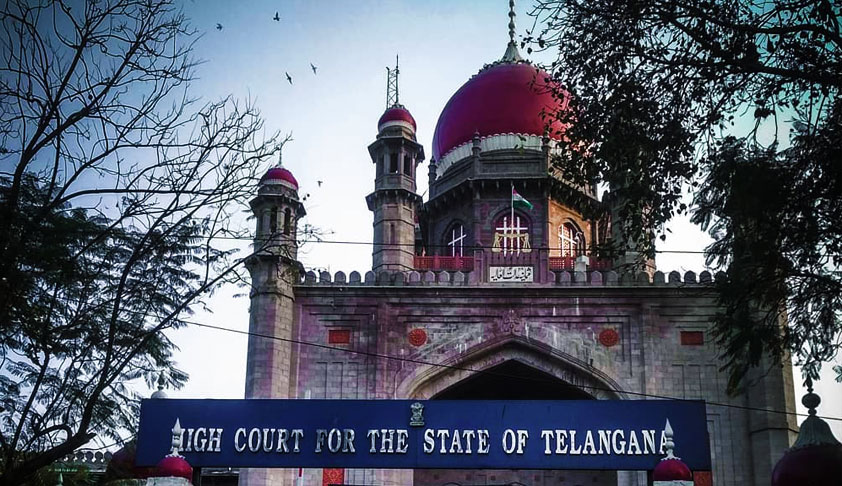
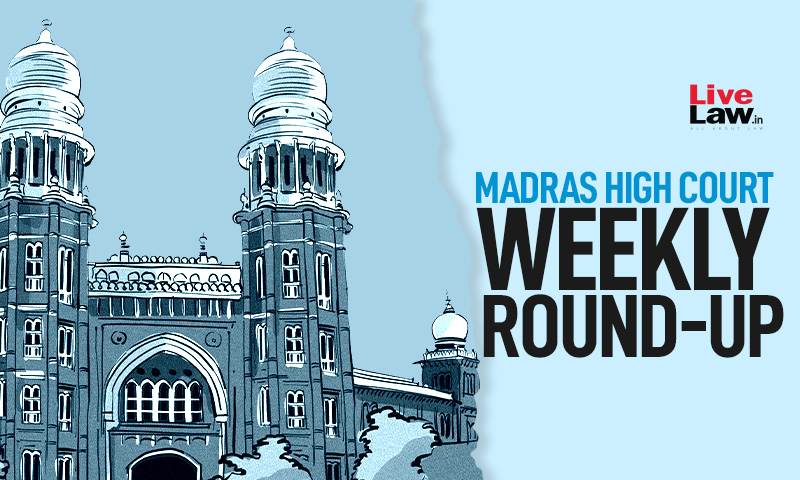
![100 Important Supreme Court Judgments Of 2024 - Part 2 [26-50]](https://www.livelaw.in/h-upload/2024/12/18/577182-100-important-judgments-of-2024-part-2.jpg)

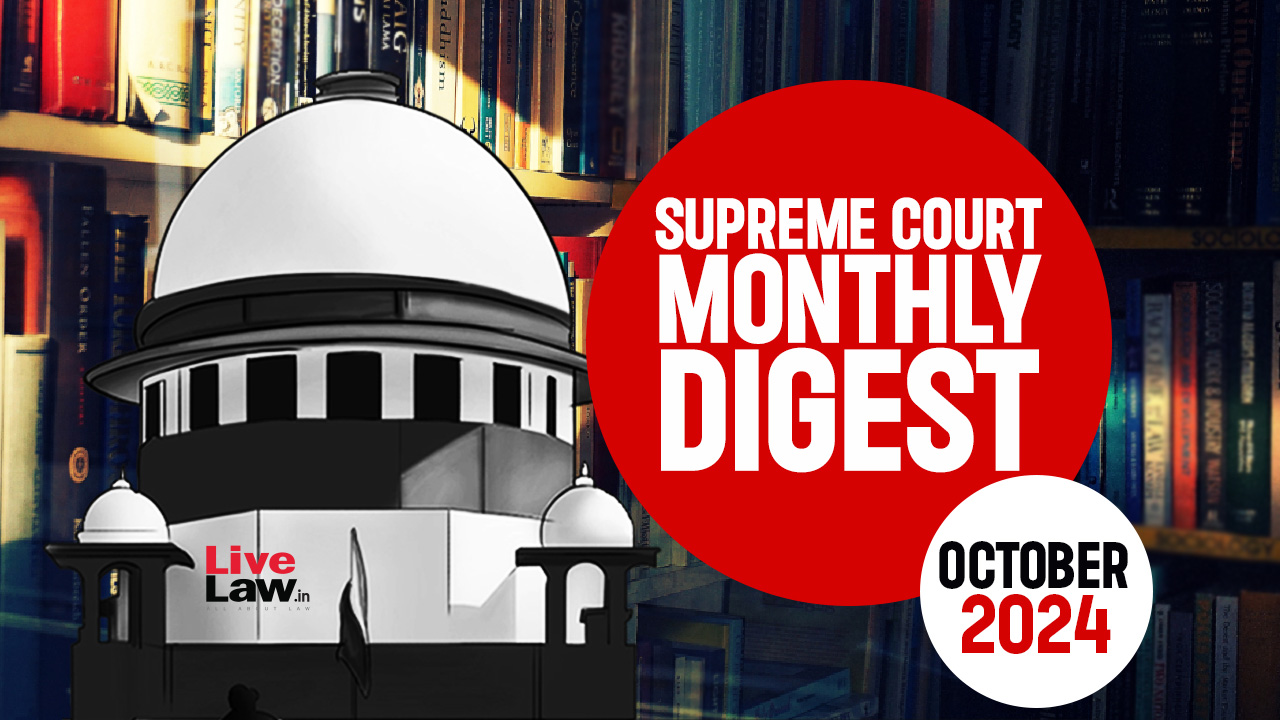
![100 Important Supreme Court Judgments Of 2024 - Part 1 [1-25]](https://www.livelaw.in/h-upload/2024/12/18/577180-100-important-judgments-of-2024.jpg)

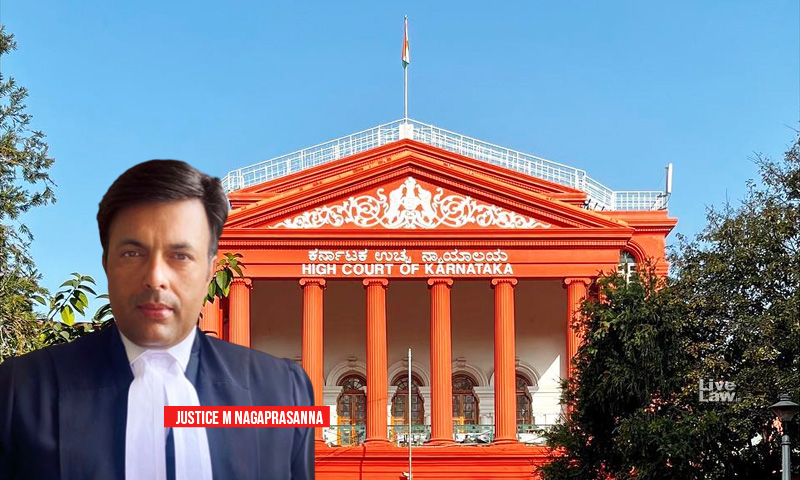
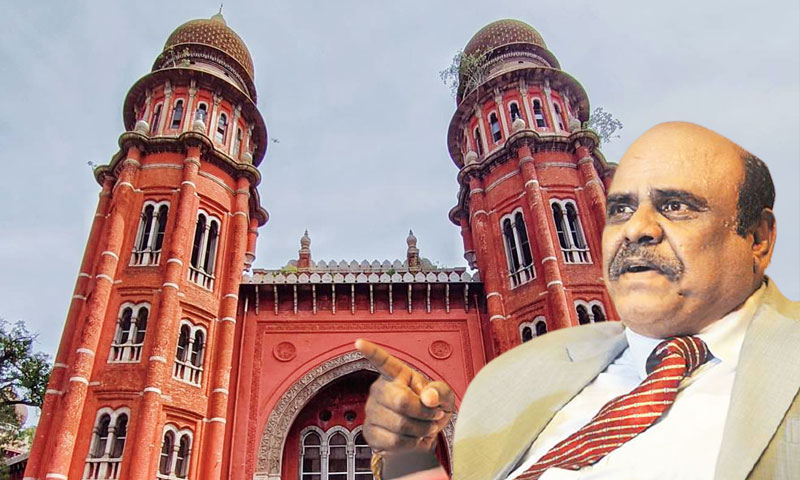


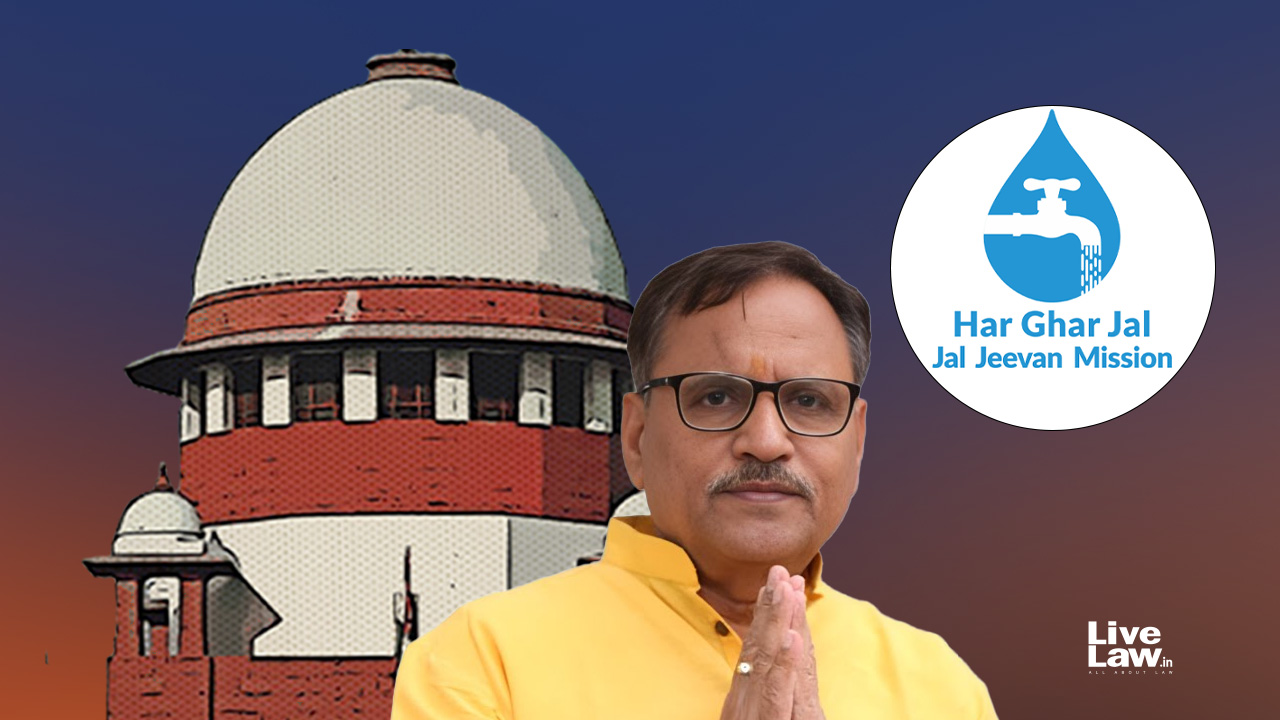
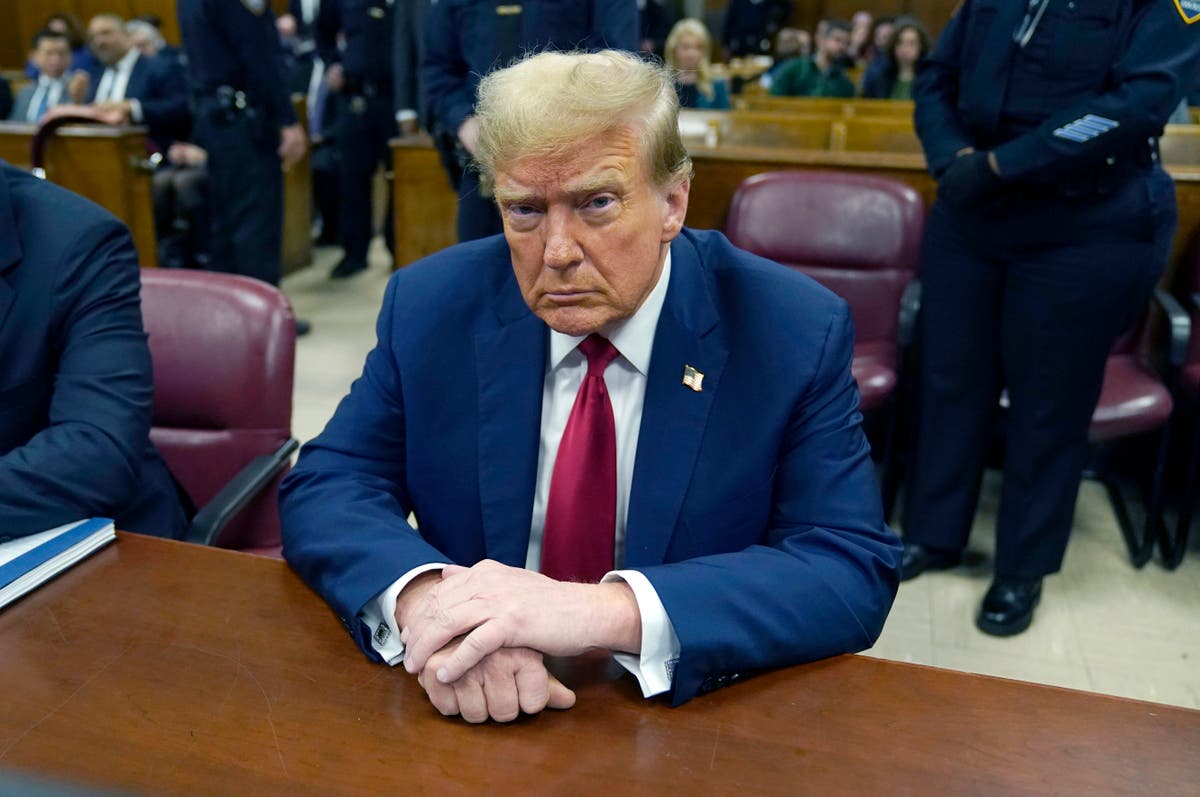

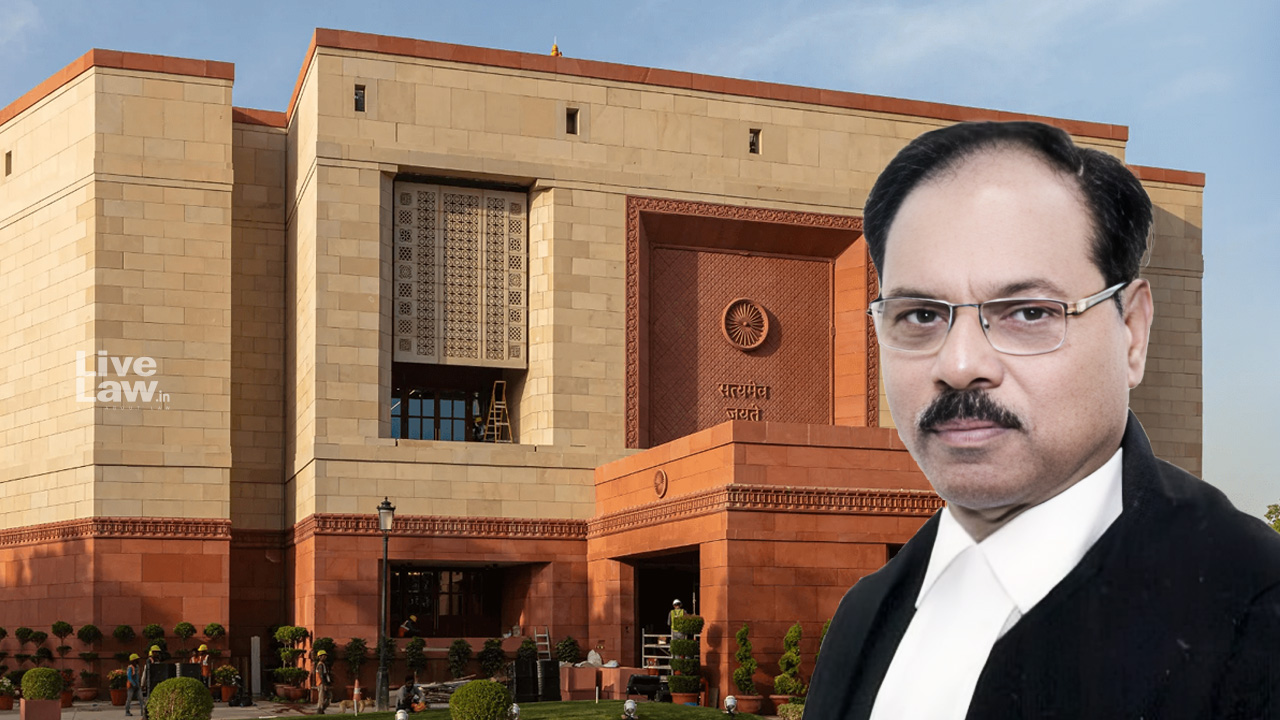
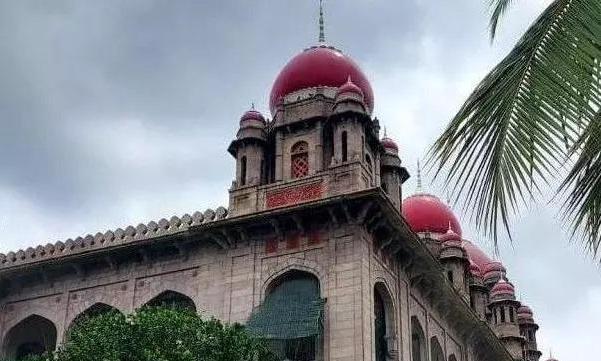


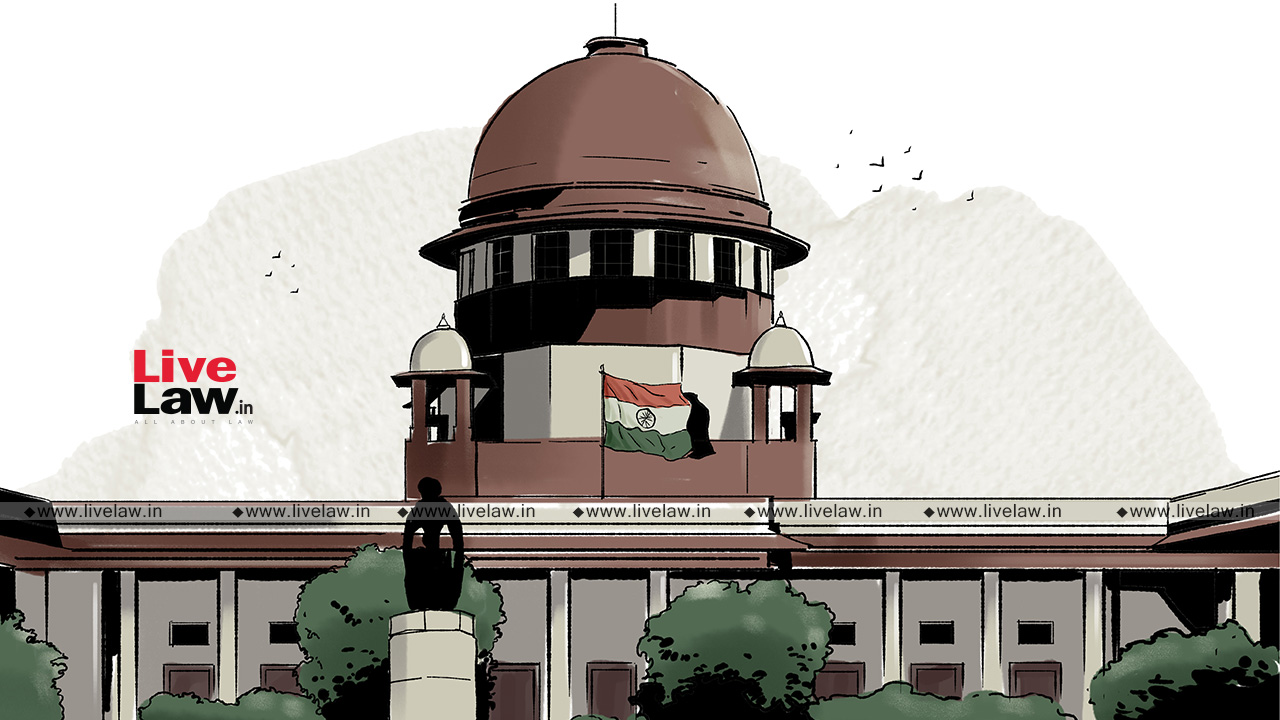
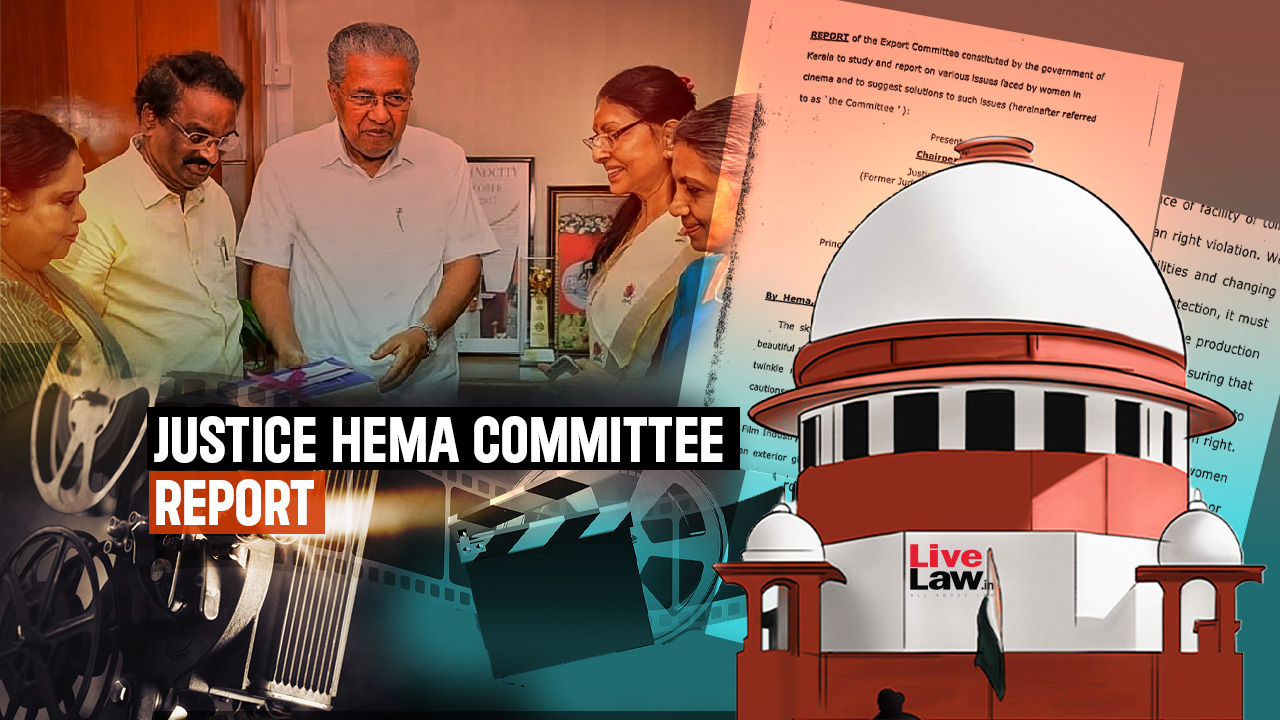


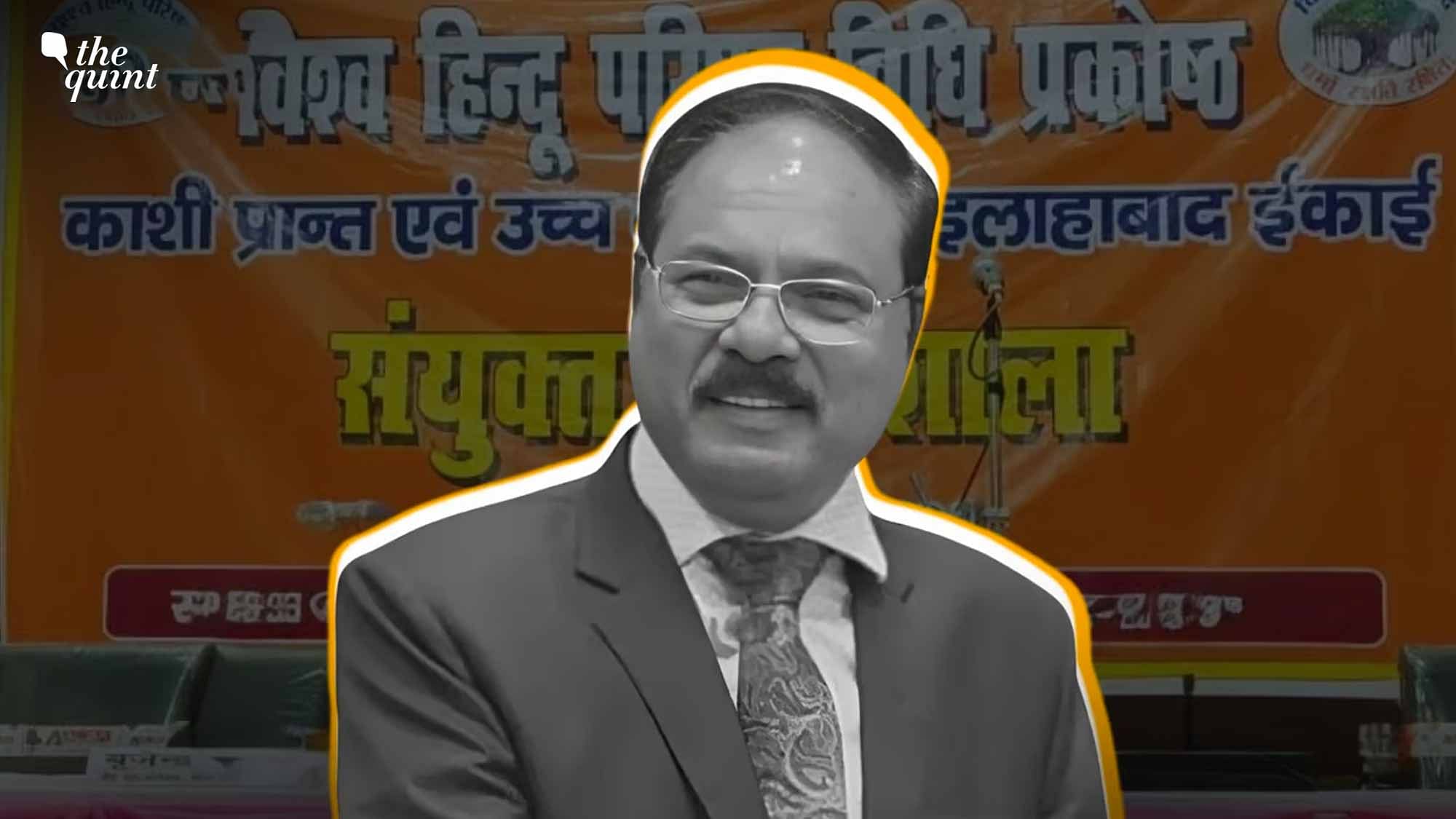
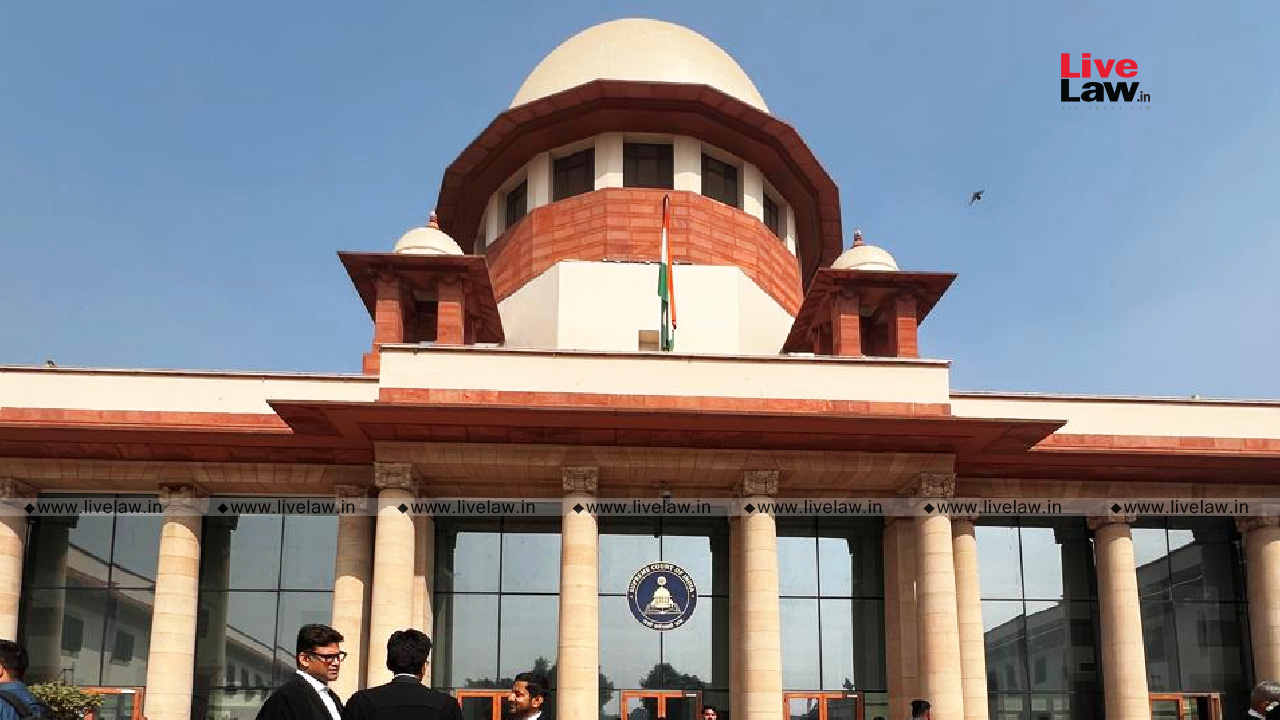
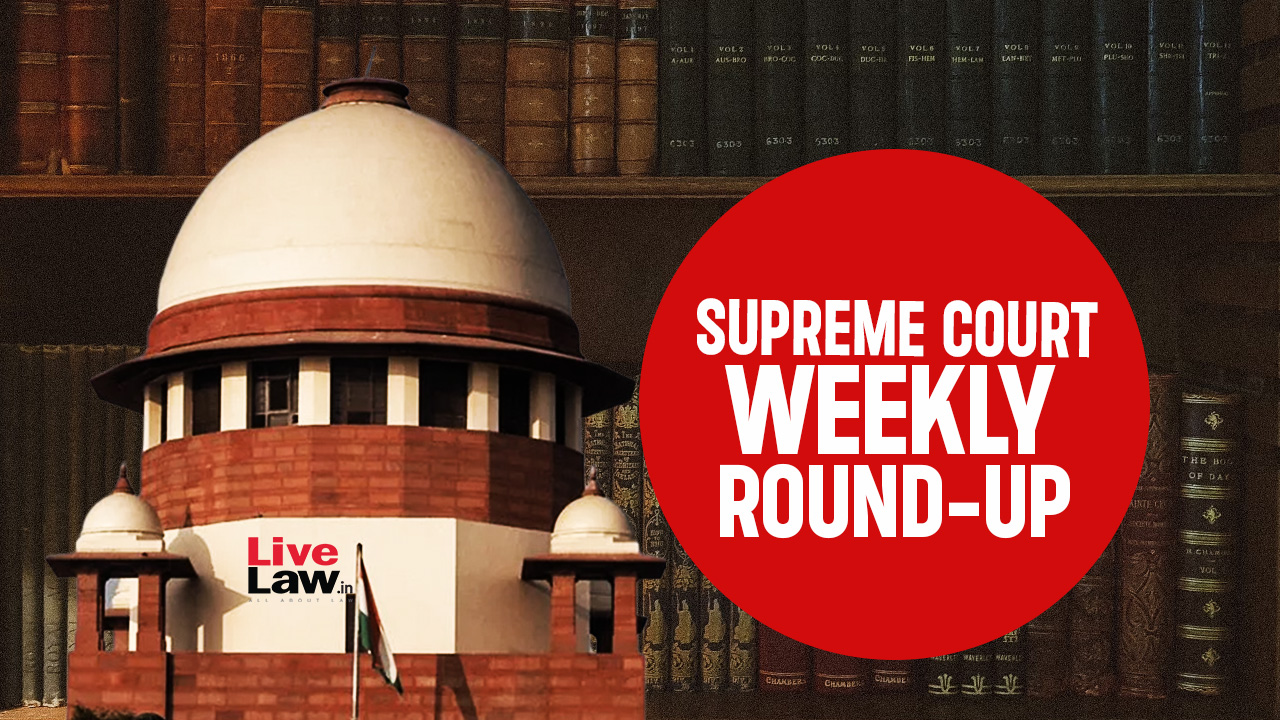
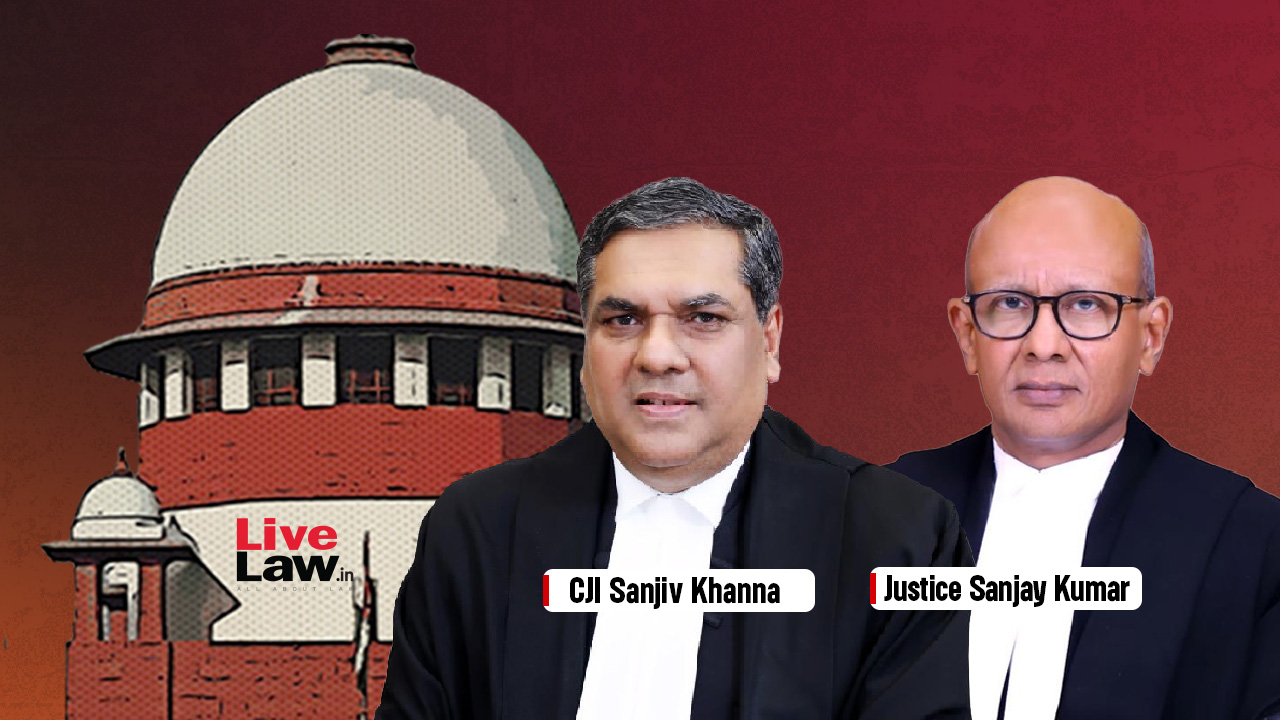
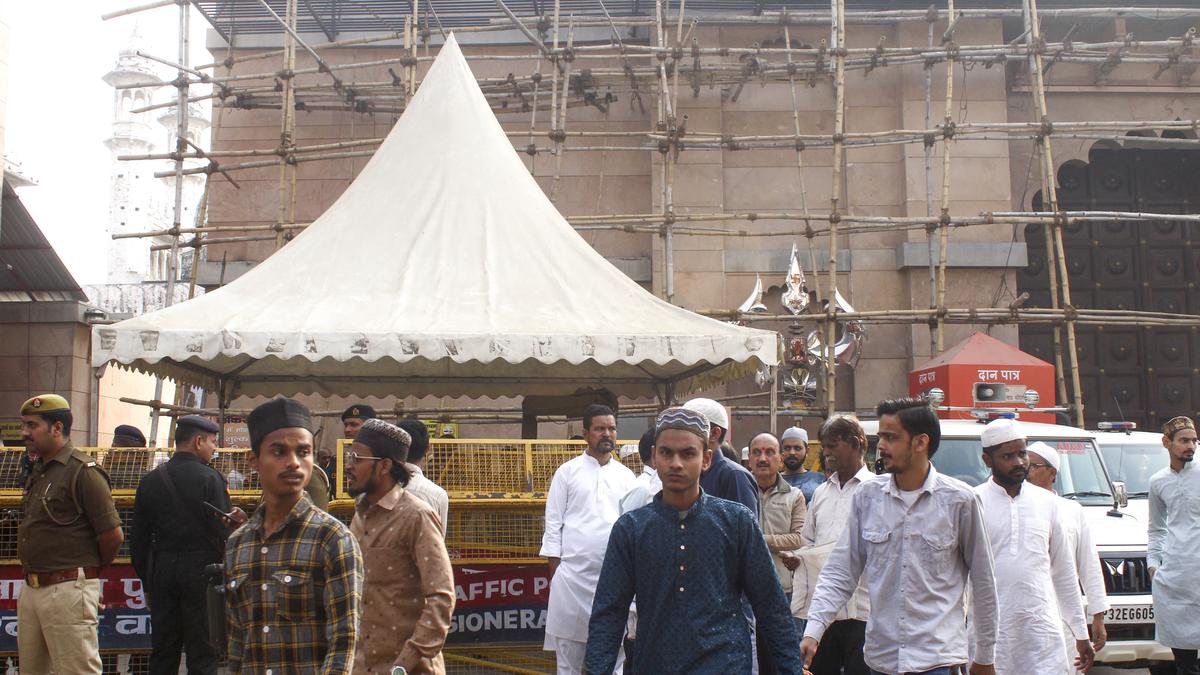

SC forms special bench headed by CJI to hear PILs challenging 1991 Places of Worship law
New Indian Express



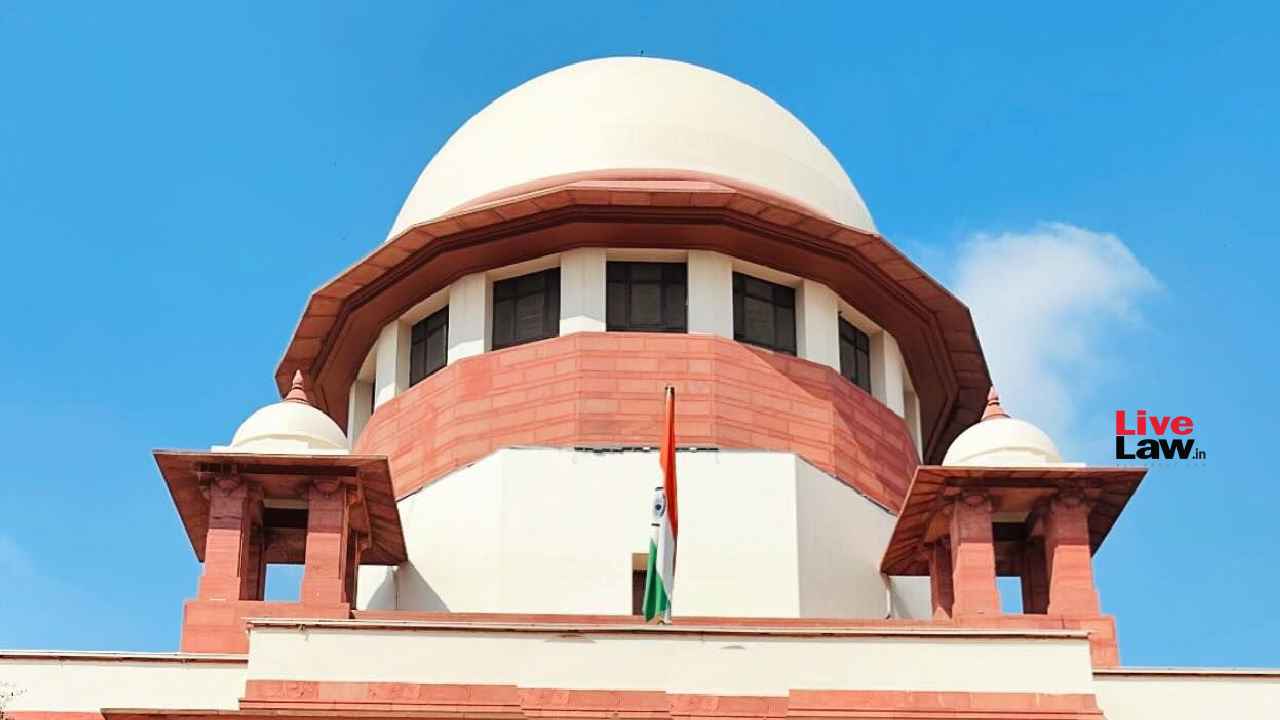




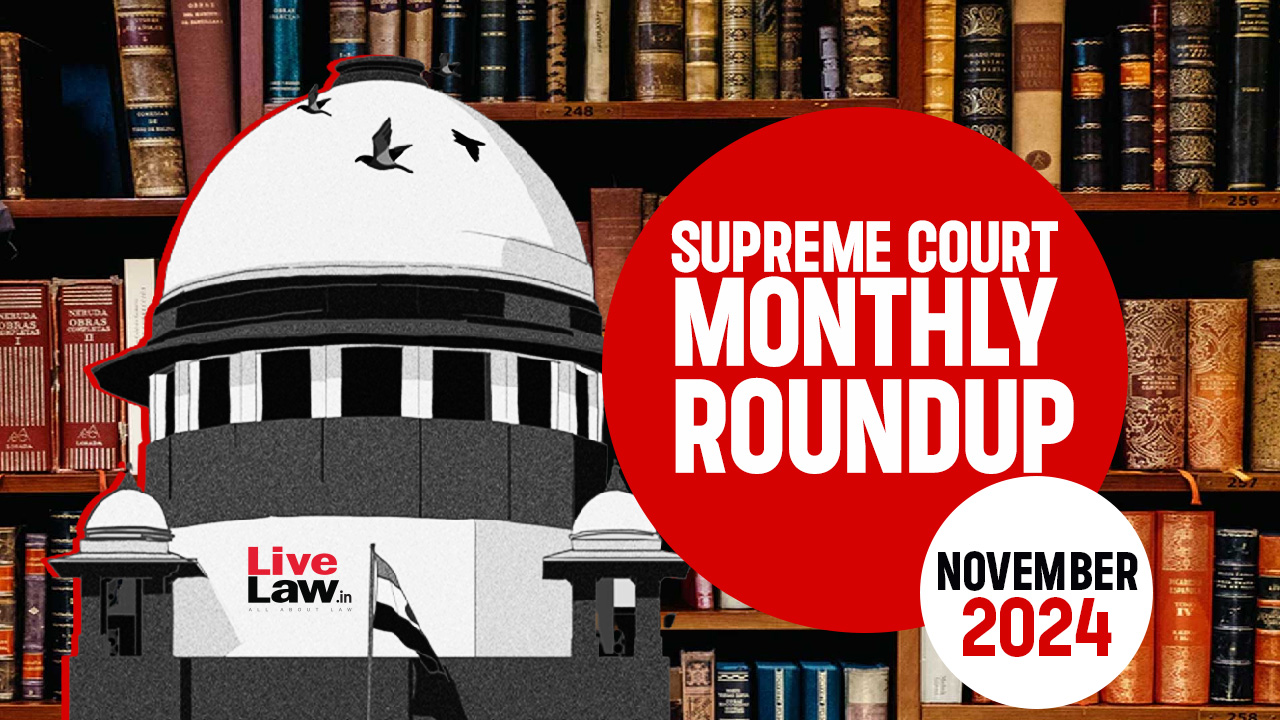


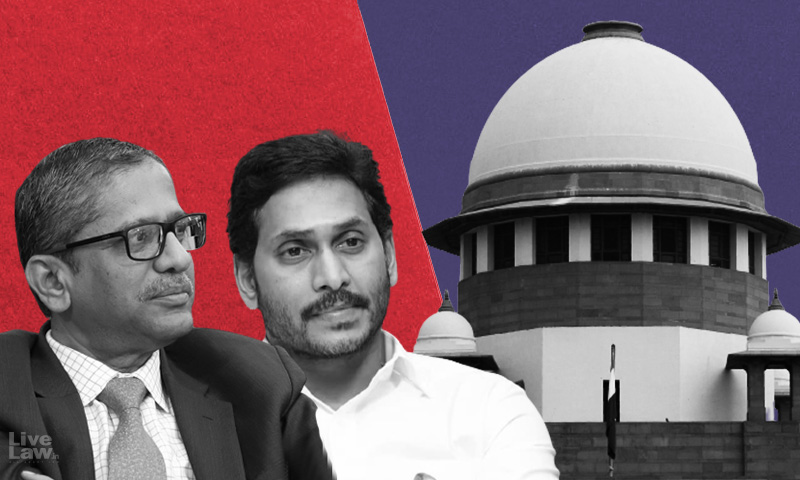
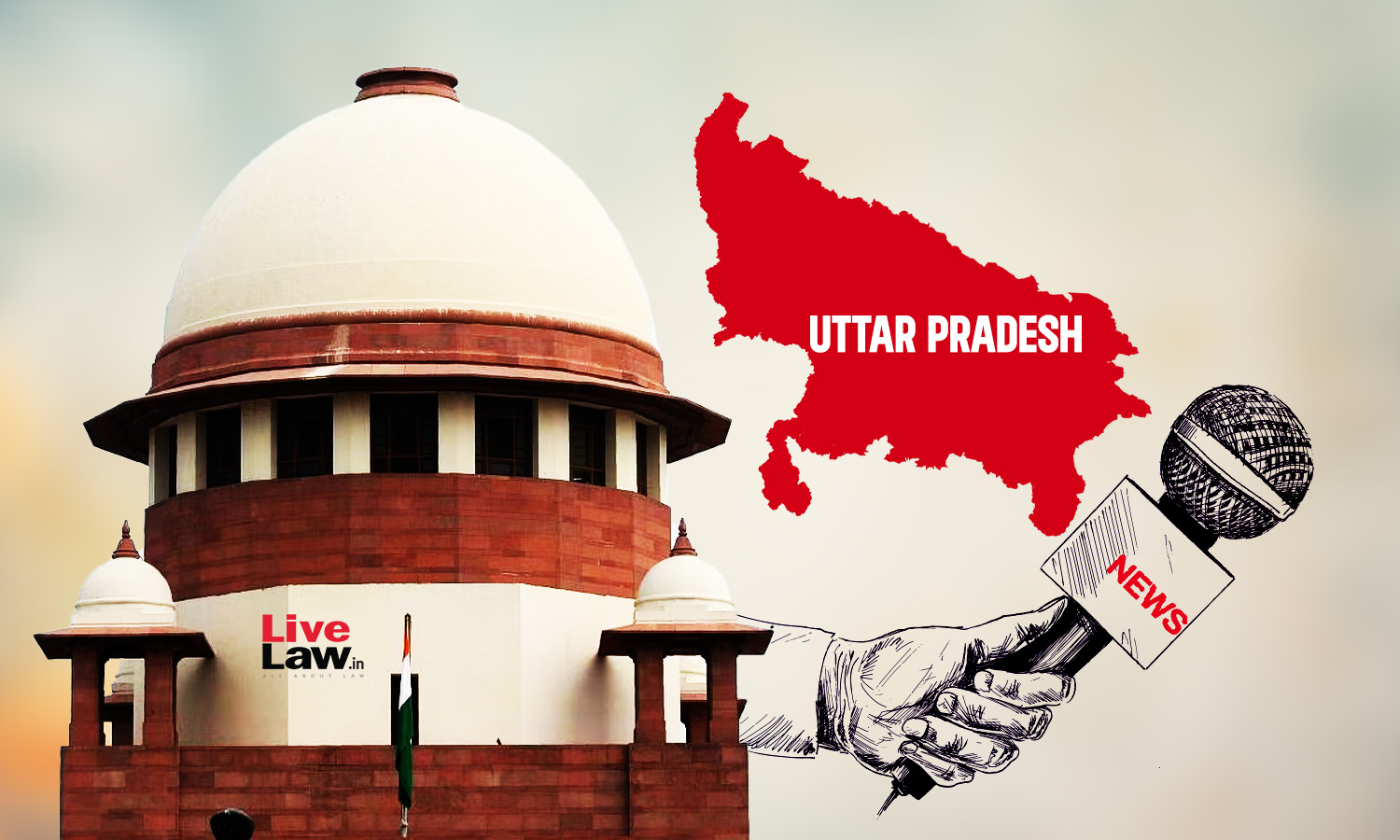
![Arbitration Weekly Round-Up [25th November To 1st December, 2024]](https://www.livelaw.in/h-upload/2024/05/24/541379-weekly-round-up-arbitration.jpg)

